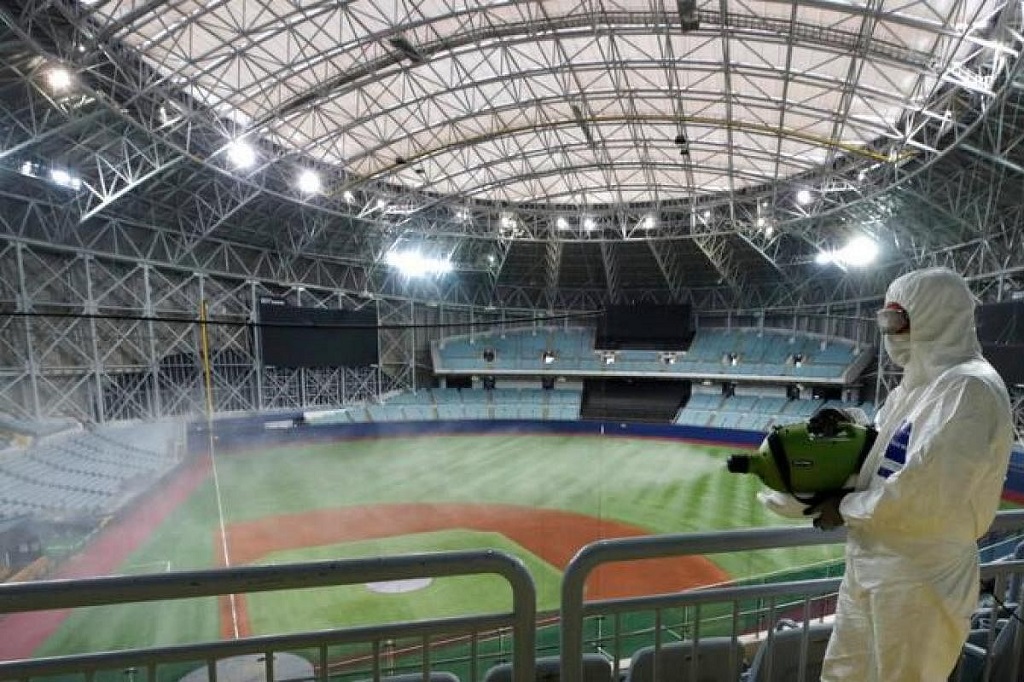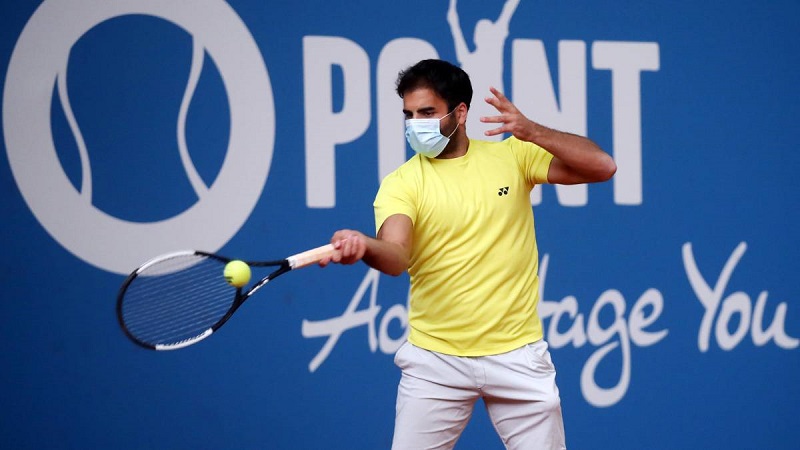
The Epidemic Prevention and Control has sent shockwaves all over the planet, prompting a public health emergency that has killed thousands and dove the worldwide economy into what the International Monetary Fund cautions could be the sharpest downturn since the Great Depression.
Of course, COVID-19 Epidemic Prevention and Control have additionally overturned the sporting Schedule Change, with professional leagues everywhere suspending their exercises to restrict the spread of the infection. The worldwide value of the sports industry was assessed to be $471bn in 2018 – an increment of 45% since 2011 – and before Covid halted play, the only trajectory appeared to be upwards.
While income losses as far as broadcasting rights, tickets, sponsorship and promoting sales are inescapable, we should take a look at the effect of COVID-19 on sports contracts and sports events.
Digital Transformation in Sports Events
The interruption brought about by COVID-19 has provoked numerous to reexamine and conceivably change the definition of sporting experience. With the help of digital technology, sports did its part to adjust and react to the conditions as the world went into lockdown.
New and novel content was created for franchisees and broadcasters to proceed with fan commitment regardless of the distant network, with online media stages as the main basis.
Generally, sports characters are expected to show up at the venue location personally. But teams, clubs and sponsors have turned these Audience Control appearances carefully through virtual hangouts, video messages and even playing computer games along with fans.
Insurance

The 2020 Wimbledon Championships was initially planned to be hung from 29 June to 12 July 2020. Yet, on 1 April 2020, the All-England Lawn Tennis Club (AELTC) and the Committee of Management of The Championships reported that for the first time since World War II (1945), The 2020 Championships would be canceled because of public health concerns connected to the Covid pandemic.
Following the SARS outbreak in 2003, the AELTC had the prescience to buy a pandemic insurance policy for the past 17 years and gathered a payout of around £114 million ($142 million/€126 million) for the cancellation of this year’s championships.
All other sporting event coordinators are likewise prone to attempt to guarantee their event cancellation insurance for canceled or postponed events. The inquiry that will emerge is whether COVID-19 or the Movement Control Order (MCO) here in Malaysia is covered by the extent of the said insurance as it would exceptionally rely upon the nature and range of the policy.
The insurance policy’s phrasings will be investigated to decide if an irresistible or infectious sickness, for example, COVID-19 is incorporated or avoided from the policy. The policy might contain an overall prohibition statement connected with infectious illnesses like influenza variations or even government orders or terminations connected with or because of such circumstances. Event coordinators may now think about investing more in their insurance policies to restrict their damage for future events.
Ticketing Terms & Conditions
Although the President of the International Olympic Committee (IOC), Thomas Bach is “very, very confident” that onlookers will want to go to the delayed Tokyo Olympics in 2021, ticket holders should know about the terms and conditions attached to their ticket buy.
In the Tokyo 2020 – Terms and Conditions of Ticket Purchase and Use, “Force Majeure” is characterized as “any reason past Tokyo 2020’s sensible control, including, without restriction, acts of God, war, insurgence, revolt, civil disturbance, acts of psychological warfare, fire, blast, floor, robbery, vindictive harm, strike, lockout, climate, outsider directive, national defense requirements, public health emergency, and acts or guidelines of national or local governments”.
Article 46 of the stated T&Cs then goes on to offer that “Tokyo 2020 will not be at risk for any incapability to play out any commitment under the Terms and Conditions to the level that the failure is resulted in by a Force Majeure”.

Force Majeure
Before canceling or postponing a sports event because of COVID-19, the initial step that should be taken by any event coordinator is to take a look at the relevant contracts. Specific consideration should be paid to whether the contract contains a force majeure clause which might be depended on as a type of legal remedy to relieve free from their legally binding endeavours.
As the contents of a force majeure statement will contrast from one agreement to another, contingent upon the intricacy of the arrangement, whether or not parties can depend on a force majeure clause will rely profoundly upon the phrasings contained in the arrangement.
WHO Support to Nations of the European Region!
At the request of Member States, the WHO Regional Office for Europe can give training, simulation exercises and online courses on prescribed procedures as well as conduct event-based monitoring of the COVID-19 circumstance in the host nations/urban areas as a team with public health specialists through the IHR NFPs. Checking would occur fourteen days prior, during and fourteen days after the occasion. The data will stay internal and won’t be distributed.
